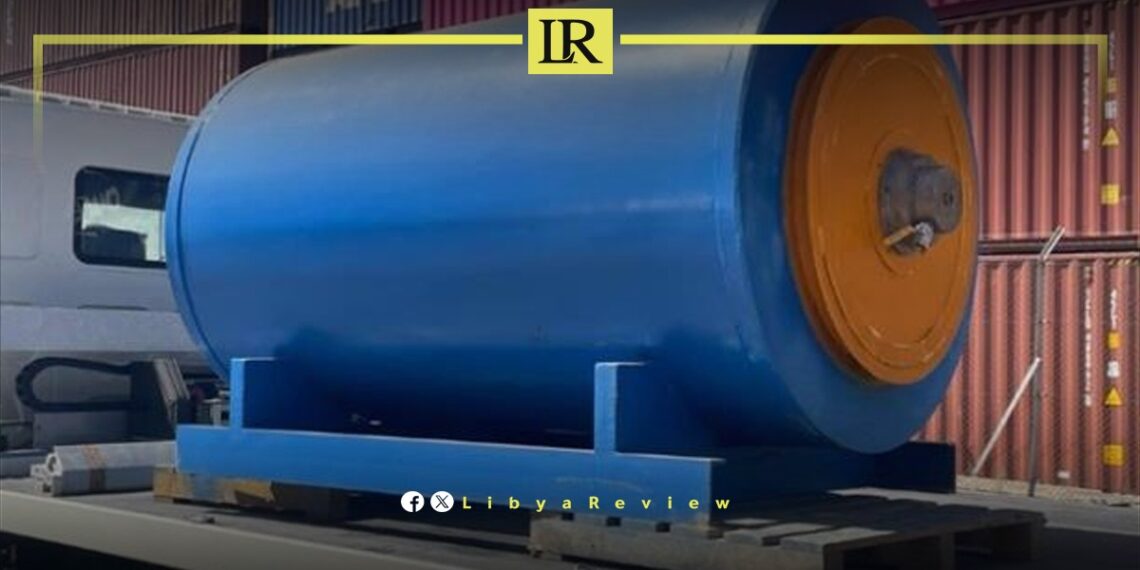Maltese Customs officers have uncovered €13 million worth of cannabis resin hidden in industrial ovens at the Malta Freeport Terminal. The Maltese Ministry of Finance announced this discovery on Monday, according to Independent Malta newspaper.
Following a risk assessment, officials decided to scan and thoroughly inspect the container, which originated from Morocco and was bound for Tripoli, Libya. The initial scan of the six induction ovens inside the container revealed significant inconsistencies. Further scans confirmed that irregular material was concealed within the ovens.
Accessing the drugs was a complex process that took over two days. The operation involved Customs canine teams, the Police narcotics squad, and the Civil Protection Department. Once the oven panels were dismantled, 4,300 kg of cannabis resin were found hidden in the inner parts. This was a significant find due to both the large quantity and the sophisticated method of concealment.
This discovery highlights a major attempt to smuggle drugs into Libya. The cleverly constructed hiding places were designed to mislead authorities, making the find even more remarkable.
The Maltese Ministry of Finance also mentioned that this was not the only recent drug interception. Last week, Customs officers intercepted 50 kg of cocaine in a container from Ecuador destined for Slovenia.
Duty magistrates have been informed of both cases, and inquiries have been appointed to investigate further.
In March, investigations and reports have shed light on the smuggling of Libyan fuel, revealing an industry that generates billions in illicit profits, involving local actors, European networks, government entities, mercenaries, and organized crime. The Times of Malta recently detailed how these operations have transformed Libyan fuel into a highly profitable business, with significant implications for tax evasion and the funding of conflicts in Libya and military activities in Ukraine.
Originally small-scale, using fishing boats for transport, the smuggling has escalated to include large ocean-going vessels, expanding the trade’s reach. The late journalist Daphne Caruana Galizia’s investigations, which identified Malta as a central hub in this operation, underscored the risks associated with exposing such networks.
The trade benefits from Libya’s fuel subsidy system, selling fuel at steep discounts and necessitating the country to import to meet domestic demand. Smuggling operations have been found to be more covert and profitable than drug or human trafficking, facilitated by the ease of forging documents to appear legitimate.


